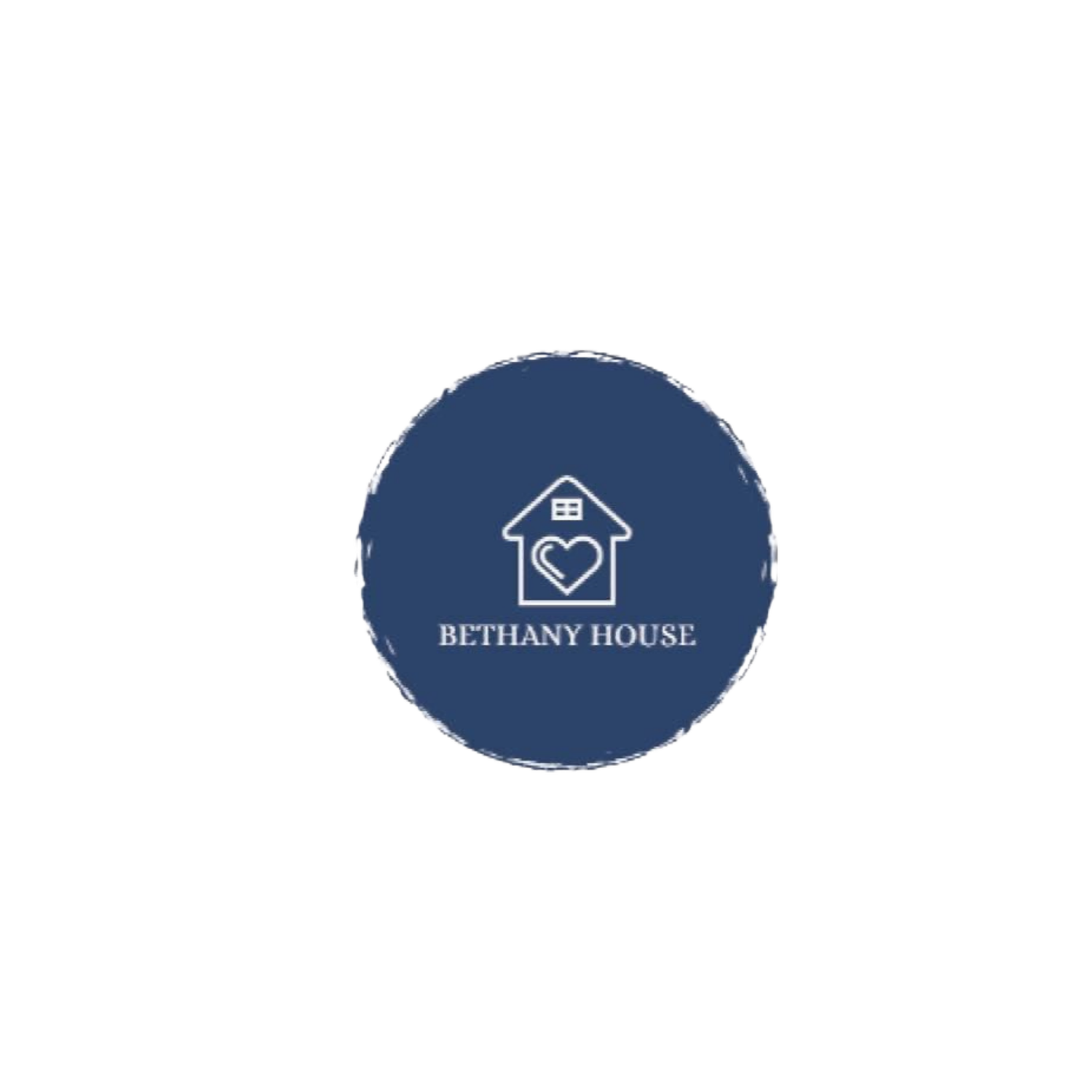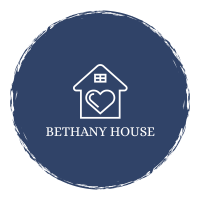Did you know?
Every year in the US, more than 23,000 foster youth “age out” of the foster care system.
That means that each year, 23,000 young adults are leaving the care of the state they reside in without the long-term support of a family to care for them.
20% of foster youth who age out instantly become homeless.
7 out of 10 girls who age out of the foster care system will become pregnant before the age of 21.
About half of youth raised in foster care end up finishing high school and less than 7% earn a college degree (Associate’s or higher) at any point in their life.
Only 44% of foster youth in Pennsylvania gain part- or full-time employment by the age of 21.
Up to 80% of foster youth have mental health concerns, as compared to 18-22% of non-fostered youth.
In Pennsylvania, 23% of youth who have aged out of foster care do not establish stable housing before their 21st birthday.
We are committed to changing those outcomes!
Our Services
Who we serve
Through our Residential Program, which is at the heart of our work, we support young women ages 18-24 who are either aging out of the foster care system, or at risk of homelessness.
Through our Resource Center, we have the freedom to provide our individualized case management to those who either do not qualify for our residential services due to age, gender, or other factors, as well as those who are on our waitlist for our residential services.
What we provide
The main focus of our services is to provide a safe place for youth to heal from their pasts and hope for their futures. This is demonstrated in different ways through our Residential Program and our Resource Center.
Case Management
In both aspects of our program, we provide individualized case management. What this means is that our case management staff work with each individual in our program to identify their needs, wants, and dreams, and set collaborative goals to help each person achieve the life they want.
Transitional Housing
In our Residential Program, we also provide transitional housing. This housing is subsidized, communal housing where each resident receives their own room, but shares common living spaces with the other residents of the house. We have two homes where we provide this housing and have a total of 7 rooms.
Meeting Needs
In addition, we assist our residents and clients with meeting other needs that create barriers to their success. This can look like providing transportation to employment opportunities, helping to schedule medical appointments, and connecting with resources for food insecurity and housing assistance. We also connect our residents and clients who are interested to our contracted mental health provider through Bethany Christian Services and provide this free of charge to our residents and clients. This has previously been funded through Partnership for Better Health grant funds, and is now a part of our programming that we are in need of continued funding to support.







